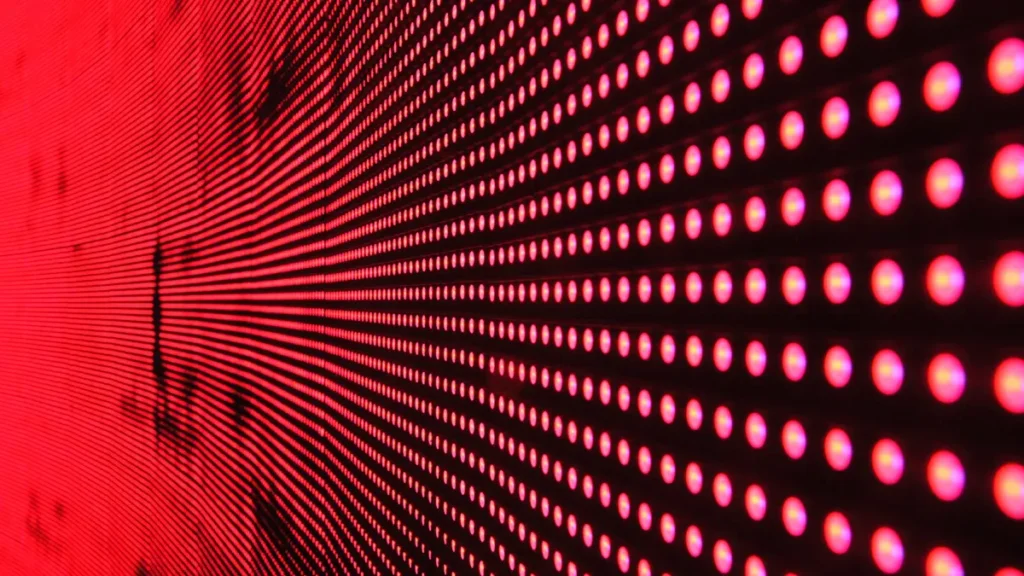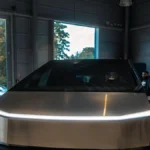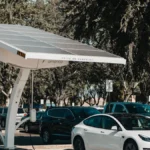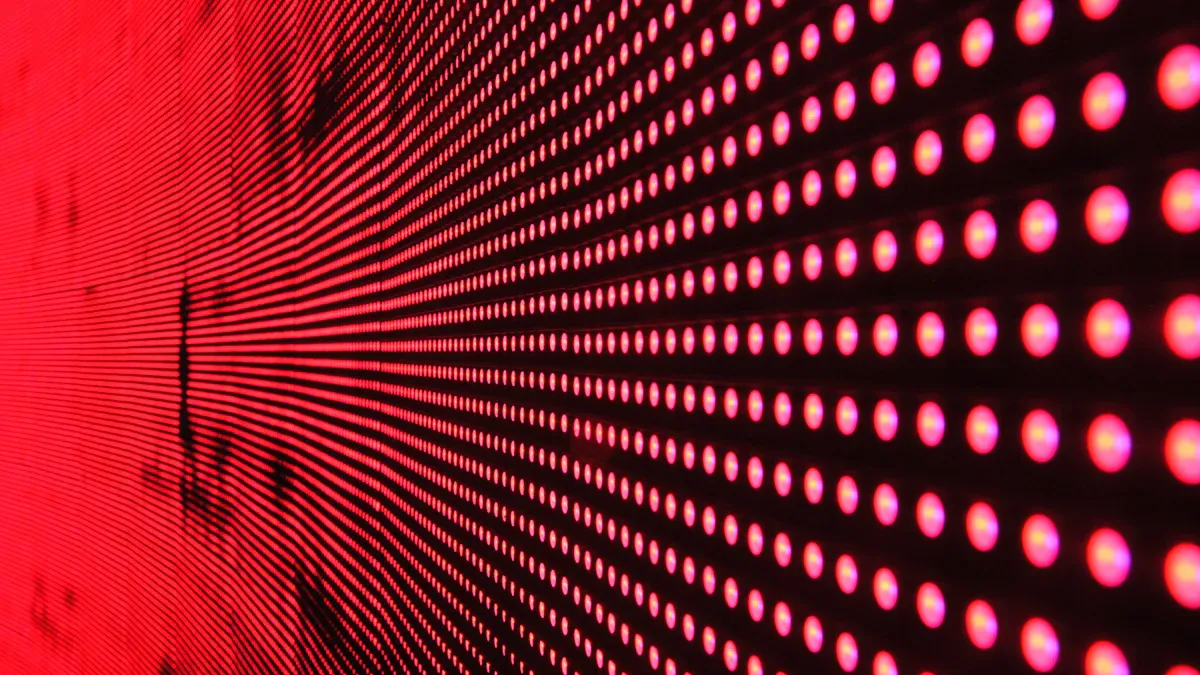
The Global LED Market Growth is accelerating rapidly due to advancements in technology. By 2025, it is projected to reach $13.003 billion. Innovations in Micro and Mini LED technology enhance performance and reduce costs. Sectors such as automotive, agriculture, and UV/IR lighting are increasingly demanding more LEDs. These industries favor LEDs for their energy-saving capabilities and practicality. This growth presents opportunities for both manufacturers and consumers in the LED market.
Key Takeaways
-
The global LED market will grow to $13.003 billion by 2025. This growth is due to new Micro and Mini LED technologies.
-
Micro LEDs make AR device screens brighter and use less energy. They are helpful in healthcare and retail industries.
-
Mini LEDs are liked for their bright light and clear colors. Their market is expected to grow 19.22% yearly from 2025 to 2034.
-
UV LEDs are eco-friendly and used for cleaning and medical needs. They are important in many industries.
-
LED lights in farming save energy and help grow healthier food. Smarter technology is changing how farming is done.
Micro LED Advancements Boosting Global LED Market Growth
AR Uses and AI-Powered Progress
Micro LED technology is changing displays with better brightness and colors. It uses less energy and works well for AR devices needing clear visuals. Many industries, like healthcare and retail, now use micro-LEDs for AR tools. For example, doctors use AR for training and surgeries to improve accuracy. Stores use AR for virtual try-ons, helping customers see products better.
Artificial intelligence (AI) helps improve AR devices. AI makes displays adjust quickly for smoother experiences. Monochrome light engines for headsets are growing fast. These engines are cheaper and useful for schools and factories.
-
Main Uses of Micro LEDs in AR:
-
Medical tools and imaging.
-
Car dashboards and displays.
-
Virtual shopping and product previews.
-
Future of Full-Color Displays
Full-color micro-LED displays have big potential. Experts expect growth after 2027 due to better light technology. This will lower costs and make displays more efficient. The market for these displays, worth $6.7 billion in 2023, may grow to $12.9 billion by 2032, with a yearly growth rate of 7.5%.
Flexible and see-through displays are used more in ads, sports, and stores. Digital ads are replacing old ones, needing better visuals. Stores and hotels use these displays to attract customers. Asia Pacific leads the market because of fast city growth, while North America and Europe also grow steadily.
Micro-LEDs in AR and full-color displays are changing the global LED market.
Mini LED Growth and Technological Advancements
Fast Market Growth
The Mini LED market is growing quickly due to high demand. People want better displays and energy-saving technology. Mini LED (COB) displays will be more popular in 2024. They are used in electronics and cars. These displays are brighter and show colors more clearly. They work well for TVs, laptops, and car dashboards.
Big companies are helping this growth. Samsung, LG, and Leyard are spending money on Mini LED technology. The Mini LED market was worth $0.99 billion in 2023. It is expected to grow by 19.22% each year from 2025 to 2034. By 2034, it could reach $6.88 billion. Displays will make up over 60% of the market’s earnings.
More Mini LEDs in electronics and government support are boosting growth.
New Mini LED Technology
New ideas are making Mini LEDs even better. Companies are shrinking chip sizes to 03x07mil or 03x06mil. This makes them cheaper to make and more efficient. Mini LEDs are now more affordable and useful in many industries.
The need for Mini LED wafers is rising as they become popular. Mini LEDs are leading the display market because they are brighter and use less power. They are great for TVs, car screens, and medical devices.
Mini LED technology keeps improving, unlike OLED, which has slowed down. This ensures Mini LEDs stay important in the global market. Mini LEDs will be key to the LED market’s future growth.
Automotive LED Innovations Supporting Market Stability
New Lighting Technologies
Car LED innovations are improving lights for safety and style. Cool features like Adaptive Driving Beam (ADB) headlights and Mini LED taillights are now common. ADB headlights help drivers see better without blinding others. Mini LED taillights and wide designs look stylish and make cars easier to spot.
Mini LED screens in dashboards and infotainment systems are a big upgrade. These screens are brighter and clearer, making info easy to read. They also use less energy, which helps cars be more eco-friendly.
Did you know? Laser headlights, like in the BMW i8, are super bright. They shine five times more than regular LEDs and reach 600 meters.
Market Growth and Recovery
Even with price challenges, car LEDs are staying strong. Demand will stay steady in 2024 as more people want energy-saving lights. By late 2025, the market will grow more with better Mini LED tech and more car production.
The car LED market might hit $3.509 billion by 2025. This growth comes from the need for better lights and displays that improve safety. Mini LED screens, known for being bright and clear, are leading this trend. The market could grow at an amazing 86.6% yearly rate, showing its key role in recovery.
|
Source |
Growth Rate (CAGR) |
Projected Value by 2021 |
Year Range |
|---|---|---|---|
|
Markets and Markets (2016) |
$29.53 billion |
2016 to 2021 |
|
|
Transparency Market Research (2016) |
8.10% |
$34.1 billion |
2015 to 2021 |
|
LEDinside (2015) |
15% |
N/A |
2015 to 2020 |

The car LED market’s recovery shows how important it is. With new ideas, the future of this industry looks bright.
UV LED Uses Helping the Global LED Market Grow
Benefits and Leading Companies
UV LEDs are better than old UV lamps in many ways. They last longer and need less fixing, saving money and time. UV LEDs don’t have mercury, so they are safer for the planet. They also turn on and off right away, making them easy to use.
Top companies like Nichia, Seoul Viosys, and Violumas are improving UV LED technology. They work on making UV LEDs use less energy and do more jobs. In Asia-Pacific, more factories and focus on cleanliness are boosting UV LED use the most.
|
Feature |
UV LED Benefits |
UV Lamp Benefits |
|---|---|---|
|
Energy Use |
Saves a lot of energy |
Costs less to buy |
|
Lifespan |
Lasts a long time |
Well-known technology |
|
Eco-Friendly |
No mercury or ozone |
Easy to find materials |
|
Quick Use |
Turns on/off instantly |
Simple to replace parts |
Many Uses Driving Demand
UV LEDs are used in many fields, making them popular. In cleaning, UV-C LEDs kill germs in hospitals, public places, and water systems. During COVID-19, people needed these tools more to stay clean and safe.
UV LEDs are also used in skin treatments and air cleaning. Their special light helps treat skin problems and clean the air. Strong UV-C LEDs, like those from ams OSRAM and Nichia, make these tasks even better.
-
Main uses of UV LEDs include:
-
Killing germs in hospitals and public areas.
-
Cleaning water and air where clean water is hard to find.
-
Helping with medical skin treatments.
-
The global LED market is growing because of UV LEDs. They solve big problems in health and cleanliness, keeping them important in the market.
UV LEDs are changing industries with their eco-friendliness and many uses.
Agricultural Lighting Trends and Demand
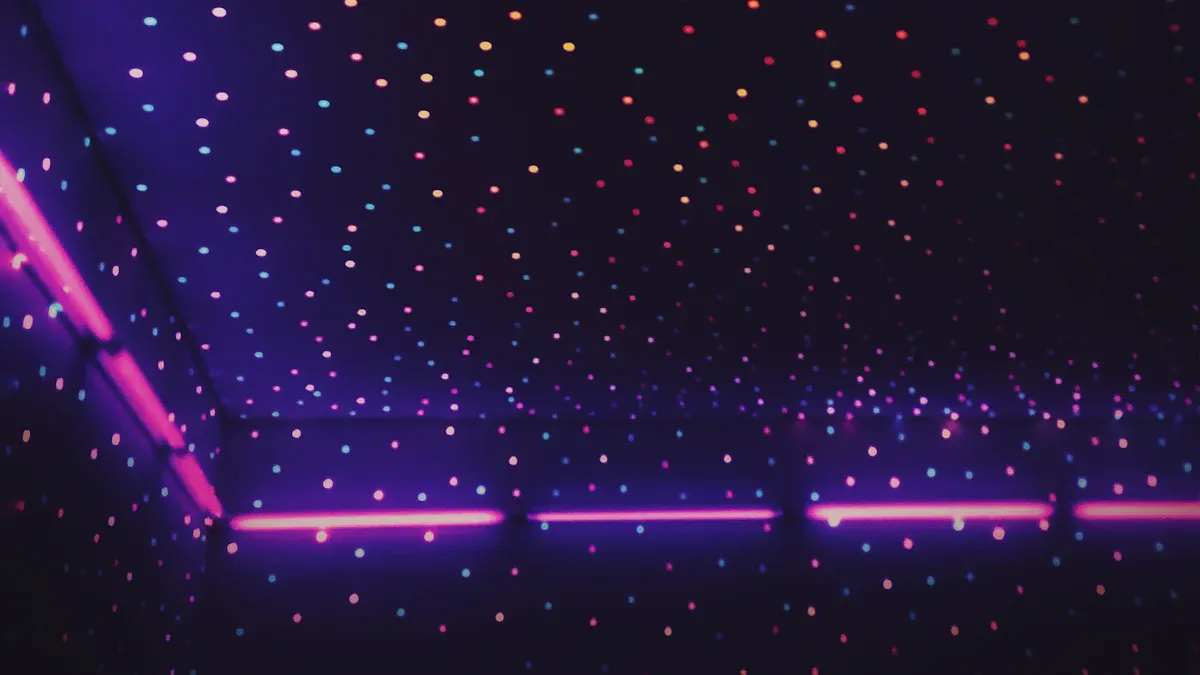
Key Growth Drivers
More local fruits, vegetables, and flowers needed
The need for local food is making farm lighting grow fast. Indoor farms and greenhouses help grow food all year. They make fresh fruits, vegetables, and flowers for nearby places. These methods cut down on imports and keep food fresher. Vertical farms in the U.S. grew by 32% from 2019 to 2023. This added 15.8 million square feet of indoor farming space. Better lighting systems are needed for these new farms.
Healthier food choices and government help
People want healthier food, so fresh local produce is in demand. Governments are helping by giving money for farm technology research. For example, $2.8 billion was spent to improve farming methods. Energy-saving LED lights are part of these modern farm setups. They are key to making farming better and more sustainable.
Replacement Cycle and Efficiency
Old lights from 2020-2021 being replaced
Farmers are swapping old lights for better ones. LED use in farms went from 25% in 2018 to 62% in 2023. LEDs save energy and cut greenhouse gas emissions by 41%. The U.S. Department of Energy says farms save 34% energy each year with LEDs.
Smarter, adjustable LED lights are popular
Farmers want LED lights that can change colors for plant growth. Smart lights with IoT sensors are used in big greenhouses. By 2023, 45% of large farms will use this tech. LEDs save 40-50% more energy than old lights. Farms could save 34 trillion BTUs of energy each year. This means $335 million less spent on energy costs. LEDs are a big part of farming’s future.
Farm lighting trends show a move to smarter, greener ways to grow food.
The global LED market could grow to $13.003 billion by 2025. Micro and Mini LED technologies make displays better and save energy. Car LED upgrades improve safety and add stylish designs. UV LEDs are eco-friendly and help clean air and water. Farm lighting trends use LEDs for greener and smarter farming. Lower costs and more uses show a bright future for LEDs.
What is helping the global LED market grow?
New technology, lower costs, and more uses are driving growth. Micro/Mini LEDs, car lights, UV LEDs, and farm lights are key. These LEDs save energy, work better, and have many uses. This makes them popular in different industries.
How are Micro LEDs and Mini LEDs not the same?
Micro LEDs are tinier and brighter than Mini LEDs. They are great for AR devices and colorful displays. Mini LEDs cost less and are used in TVs, laptops, and car screens.
Why are UV LEDs good for the environment?
UV LEDs are safer because they don’t have mercury. They use less power, last longer, and don’t pollute. This makes them great for cleaning air, water, and surfaces.
How do LEDs help with farm lighting?
LEDs give energy-saving light for greenhouses and indoor farms. They help plants grow with adjustable light colors. Farmers save money and energy by switching to LEDs. These lights also cut harmful gas emissions.
Which industries use LED technology the most?
Car makers, hospitals, farms, and electronics companies use LEDs a lot. Cars have advanced LED lights. Hospitals use UV LEDs to clean tools. Farms use LEDs for growing food indoors.
See Also
Ensuring Quality in Electronics Through Advancing Technology
MAX8647ETE+T: Elevating The Quality of Smartphone Screens
Utilizing AD74413RBCPZ To Improve Process Management
Three Key Benefits of XCF01SVOG20C in Automation
Three Notable Features of SPC5605BMLL6 and SPC5607BMLL6
